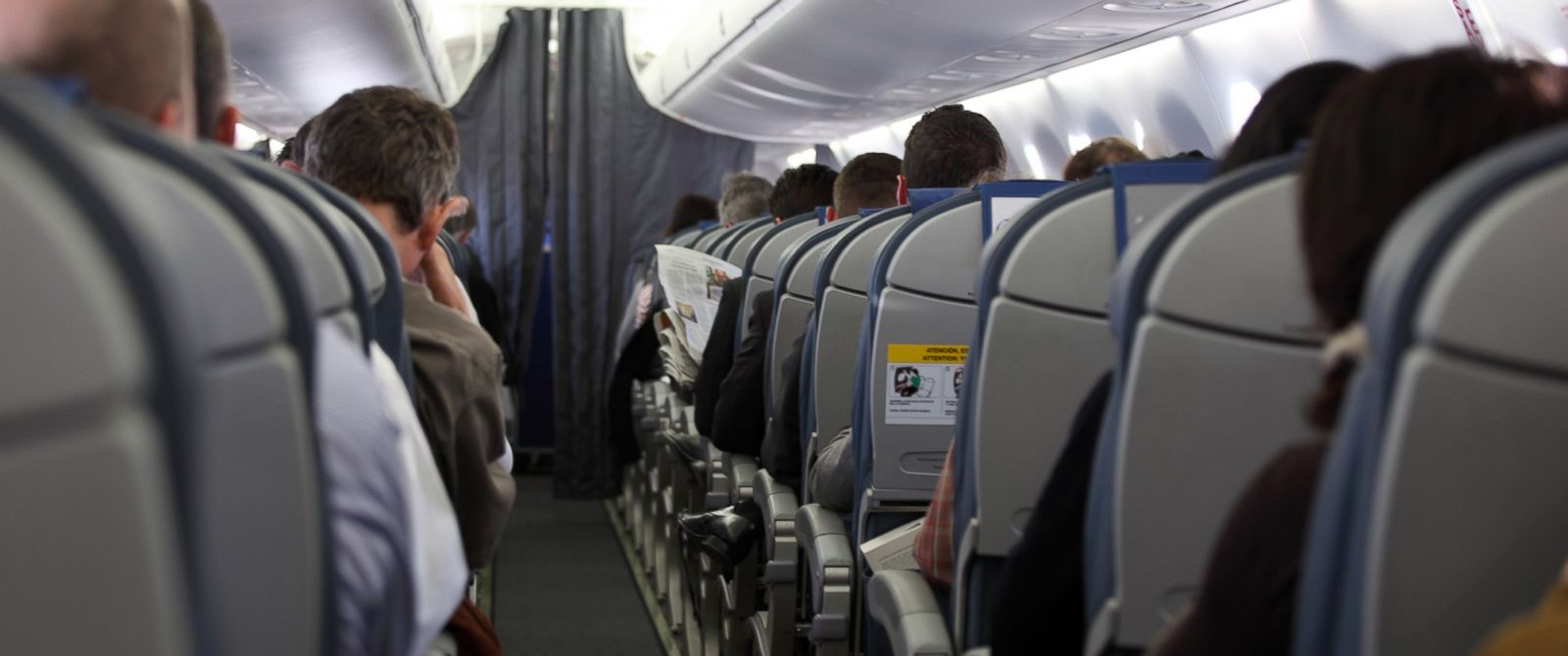Scientists Break Down Why Flying East Is Worse for Jet Lag

When it comes to flying, many avid travelers may notice jet-lag symptoms are particularly bad when heading east instead of west. That may seem to be a figment of your imagination, but it's actually a known phenomenon confirmed by science.
Today researchers from the University of Maryland's Institute for Research in Electronics and Applied Physics published a new study in the American Institute of Physics' Chaos Journal aiming to understand why stepping off a flight cross-country from San Francisco to New York can feel so terrible compared to other way around. They managed to create a new kind of model that showed the brain's "pacemaker" cells have a harder time going eastward than westward.
The sleep/wake cycle, formally known as the body's circadian rhythm, is controlled by a part of the brain called the suprachiasmatic nucleus. Researchers in this new study generated a mathematical model that helps describe how cells in this part of the brain respond to a rapid change in time zone. Essentially, when there is a rapid shift in daylight — such as what happens when a traveler is going east, in the opposite direction of the sun — the brain’s “pacemaker” cells cannot instantly establish a rhythm appropriate to the new time zone, causing symptoms of difficulty sleeping at night and daytime fatigue.
In order to better understand this concept, the study’s author, Michelle Girvan, an associate professor of physics at the University of Maryland's Institute for Physical Science and Technology, used the analogy of cars racing around a circular track when explaining the function of the brain's “pacemaker” cells.
In this sense, pacemaker cells work similar to a group of cars moving together around a track. The sun acts like a “man with a yellow flag” that essentially regulates the duration of the course.
"In the absence of a controlling influence, say 'a man with a yellow flag,' the group of cells completes the circuit within a period of time that may not correspond exactly to one day," Girvan explained in a statement. When going the opposite direction of the sun, this impact on the circadian rhythm can mean even worse jet-lag symptoms.
Girvan said that the research could help lead to new approaches to help "combat circadian rhythm disruptions due to rapid cross-time-zone travel, shift work, or blindness."
Dr. Beth Marlow, a neurologist and director of the sleep division at the Vanderbilt University Medical Center, said the study results could potentially be used to help develop new therapies for those with sleep disruptions.
"If we can understand and model what those cells are doing, it will give us really strong insights in how we can design either new drugs or behavioral strategies … to try and help people," she told ABC News today.
Marlow pointed out that people who work night shifts or who travel long distances for work could particularly benefit from the research. She added that even teenagers, who are biologically programmed to go to bed later and sleep later, and older people, who tend to go to bed earlier, may benefit from this kind of research designed at uncovering circadian rhythms.
"People are looking more and more into what it means when you’re not sleeping well," she said, pointing out studies have shown increased risks for cancer, obesity and diabetes in people who don't get enough sleep. "It wreaks havoc with your system when you’re off sync."
Individuals who suffer from jet lag should consider talking to their doctor about sleep aid medications, and if their symptoms are significant they should “wait at least eight hours before driving or doing any other activity that requires higher function,” according to Dr. Samuel Friedlander, a sleep medicine specialist at University Hospitals.
Политика конфиденциальности | Правила пользования сайтом







